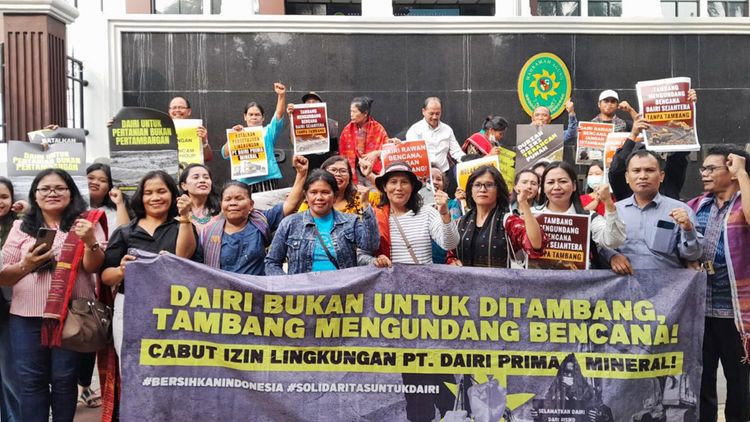Asia Undercovered Weekly Updates: 24 February 2021

Undercovered this week
When history looks back on the Uyghur Genocide, they’ll note that there were numerous warning signs. None were so dramatic, and should have garnered a global response as the arrest and life sentencing of scholar Ilham Tohti in 2014. To understand those moments, before the camps, when there was still hope, read this essay, republished and translated by China Digital Times, from a close friend of Tohti’s.
Is Kashmir the next Xinjiang? After more than 19 months, 4G internet will finally be restored in the region (The Wire). While that’s good, Ayesha Ray, in this piece for East Asia Dialogue, reminds us that during this time, the region has been smothered by unprecedented oppression and over 400 remain in custody without trial.
Nepal’s new constitution was supposed to protect journalism, recognizing its importance in holding government accountable. Instead, violations against the press remain high, and if there isn’t change soon, could jeopardize the country’s democracy (Freedom Forum Nepal).
As protests against the military coup continue in Myanmar, here are two stories that flew under the global radar but illuminate the struggle.
First, citizen journalists uncovered a series of strange cargo flights between Kunming and Yangon. The Chinese government claims they are carrying “seafood,” but some doubt that, claiming this is evidence of support for the military (Oiwan Lam, Global Voices)
Meanwhile, this piece by Kyaw Hsan Hlaing argues that a return to the pre-coup status quo, when Aung San Suu Kyi was already undermining democracy, isn’t what we should strive for, but a future in which the voices and concerns of ethnic minorities are centered (Frontier Myanmar).
In Thailand, opposition members of parliament were able to force no-confidence votes against 10 ministers, including Prime Minister General Prayut Chan-o-cha. All survived, but this could potentially fuel a resurgence of pro-democracy protests, some of whom are already returning to the streets (Prachatai).
—
Like AsiaUndercovered? Share the newsletter, or leave a comment!
Elections
Vietnam National Party Congress took place earlier this month, in which key positions including future president and prime minister, were decided. Alongside that came a crackdown on freedom of expression, part of a broader trend against online freedoms in the country, reports Article19.
Did you know that Laos has elections? I didn’t. But as Mu Sochua writes in this piece for The Diplomat, they are pointless, as there’s no real opposition to the authoritarian, single-party rule by the Laos People’s Revolutionary Party.

Geopolitics
It gets less attention, but fisheries, and access to oceanic resources, is a major geopolitical issue in Asia. China’s rise has meant greater intrusions into, both legally and illegally, neighboring waters. Now, a potential deal in Pakistan has local fishers worried about their livelihoods being destroyed (The Third Pole).
Speaking of China, the rivalry with Pakistan’s neighbor India could be one the major geopolitical stories of the coming decade. In this thoughtful piece, Hiroaki Abe subverts the typical framing, using the rise of autocracy in both countries as a lens (Madras Courier).
Indonesia is another country increasingly dependent on Chinese trade, and it has been more wary than its neighbors in standing up to the economic giant. In this piece, Muhammad Zulfikar Rakhmat explores the dangers of over-dependence, and how the country can mitigate these risks (The Conversation).

Solutions Stories
Two stories from Malaysia this week. First, a lovely feature by Natasha Sim for Periuk on the efforts by indigenous Kadazandusuns in Borneo to maintain and promote their native cuisines (with photos of some fascinating, unique regional dishes).
Hope for Journalism. Earlier this month, in a blatant attempt at censorship, the Malaysian Federal Court ruled that media outlet MalaysiaKini was guilty of contempt, for comments made by readers, and fined the outlet over $100,000. Within five hours, supporters of the outlet had crowdfunded more than enough to pay the fine, ensuring the newsroom would continue to operate.

Asia Undercovered: In-depth round-ups and analysis of the news, events, trends and people changing Asia, but not getting enough attention in the US media.





Member discussion